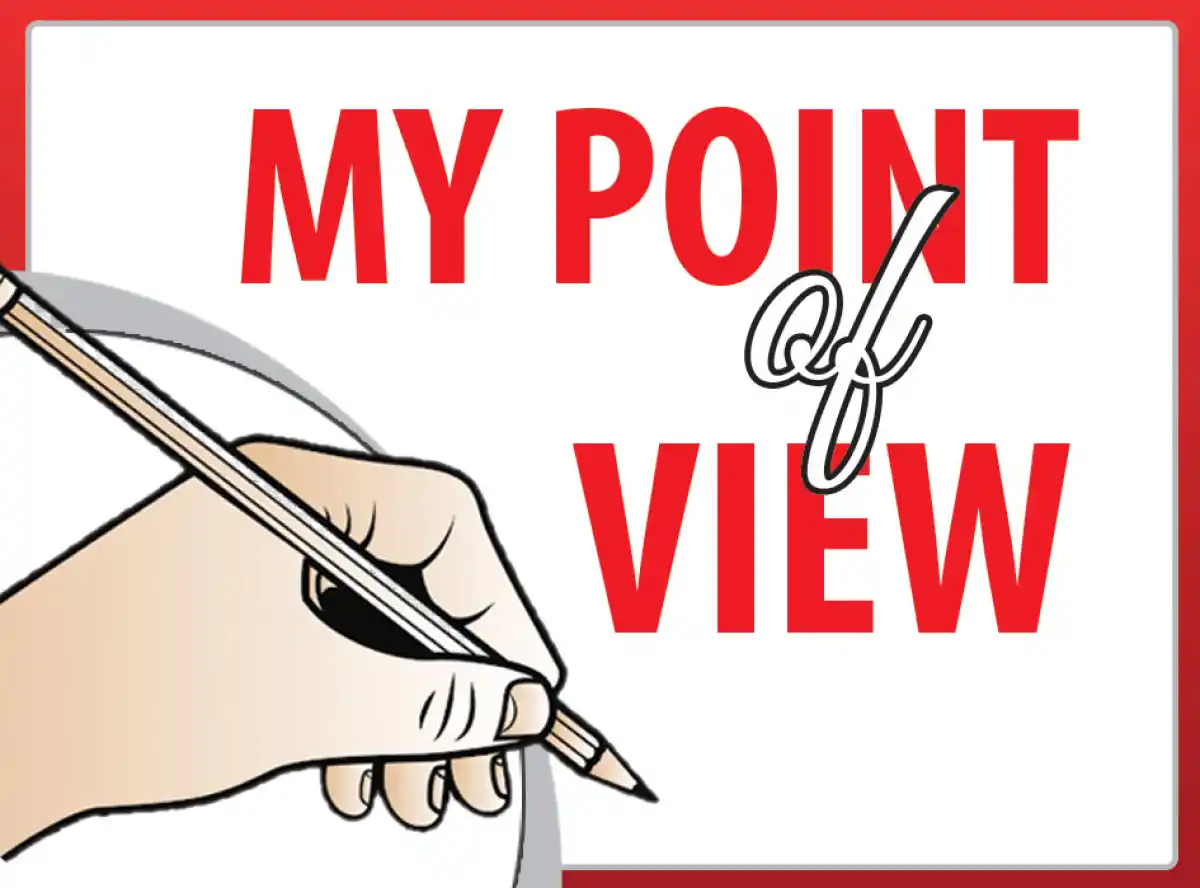
By Tafi Mhaka
On March 3, Tucker Carlson, an American political commentator popular among Maga conservatives and the global far right, held an odd and disturbing interview with South African right wing activist and deputy CEO of Afriforum, Ernst Roets.
Afriforum is a right wing South African non governmental organisation (NGO) dedicated to advancing the interests of Afrikaners– descendants of mainly Dutch colonial settlers who formalised the segregationist system of apartheid in 1948.
The discussion, titled ‘Man charged with treason for speaking to Tucker about the killing of whites in South Africa’, lasted more than an hour and featured a dangerous mix of conspiratorial perspectives, inaccuracies, half-truths and blatant lies. Carlson, ever the debauched provocateur, commenced the lengthy conversation with the ludicrous claim that South Africa “appears to be collapsing and that the government is essentially genocidally racist”.
The idea that South Africa’s government is racist and committing a “genocide” against the country’s white minority is, of course, not new.
For many years, white activists, including United States (US) President Donald Trump’s billionaire special adviser Elon Musk, have alleged that South Africa’s government is trying to rid the country of its white minorities, and that the murders of white farmers there–which make up no more than 1 percent of all murders in the country every year–amount to “genocide”.
Trump also promotes this narrative and announced his decision to cut off aid to South Africa and offer refugee status to Afrikaners over such concerns on February 7 this year.
A month later, he upgraded this offer and opened up an expedited path to citizenship for this allegedly persecuted and threatened minority. Of course, not only crime statistics but also many white South Africans themselves, all respected international and local NGOs, and experts on genocide laugh in the face of this “white genocide” myth.
On February 25, a South African court ruled that the claims of a white genocide in the country are “clearly imagined” and “not real”. None of this was explained in the conversation between Tucker and Roets. Instead, South Africa being a failed country and a seething mass of genocidal violence was accepted as fact and casually presented as proof of African primitivity.
Throughout the conversation, Roets made clear that he believes Africans are inherently unable to establish a robust, inclusive and progressive democracy and will always need white control, pressure and guidance to run a functioning country.
He faced no pushback. Of course, Roets’ portrayal of his homeland and the majority of South African people as primitive, violent and genocidal is not based on any reality.
South Africa is not in a state of disarray or committing genocide against a racial minority. Sure, the country has its problems and struggles like any other, but it is in possession of one of the most progressive constitutions in the world, as well as a strong and independent judiciary.
The South African state also stands up for human rights on the international stage, as it recently demonstrated by taking Israel to the International Court of Justice over its conduct in Gaza. Just 30 years after the end of Apartheid, South Africa undoubtedly still grapples with its legacy. Big sociopolitical gains have since been made, but the legacy of racism and segregation is still starkly visible across the country.
Unequal access to education, unequal pay, segregated communities and huge economic disparities persist. But, almost every day, South Africa takes important steps towards true equality and complete racial integration.
For example, the governing African National Congress (ANC) party has recently passed several significant affirmative action policies. Among these policies are the Basic Education Laws Amendment Act (Bela) and the Expropriation Act.
The former is designed to reform education and dismantle a system of language oppression dating back to the apartheid era that favours Afrikaans, the language spoken by Afrikaners.
Meanwhile, the Expropriation Act details the processes through which government entities may seize land without compensation for various public interest objectives. South Africa today, as it fights for human rights in the international arena and works to end corruption and discrimination at home, stands as a shining example of what the end of white supremacy could and should look like everywhere.
It may not be perfect, but it is certainly doing much better than the US, which has not achieved racial integration 165 years after the end of slavery, and 60 years since the passing of the Civil Rights Act that supposedly ended segregation.—Al Jazeera


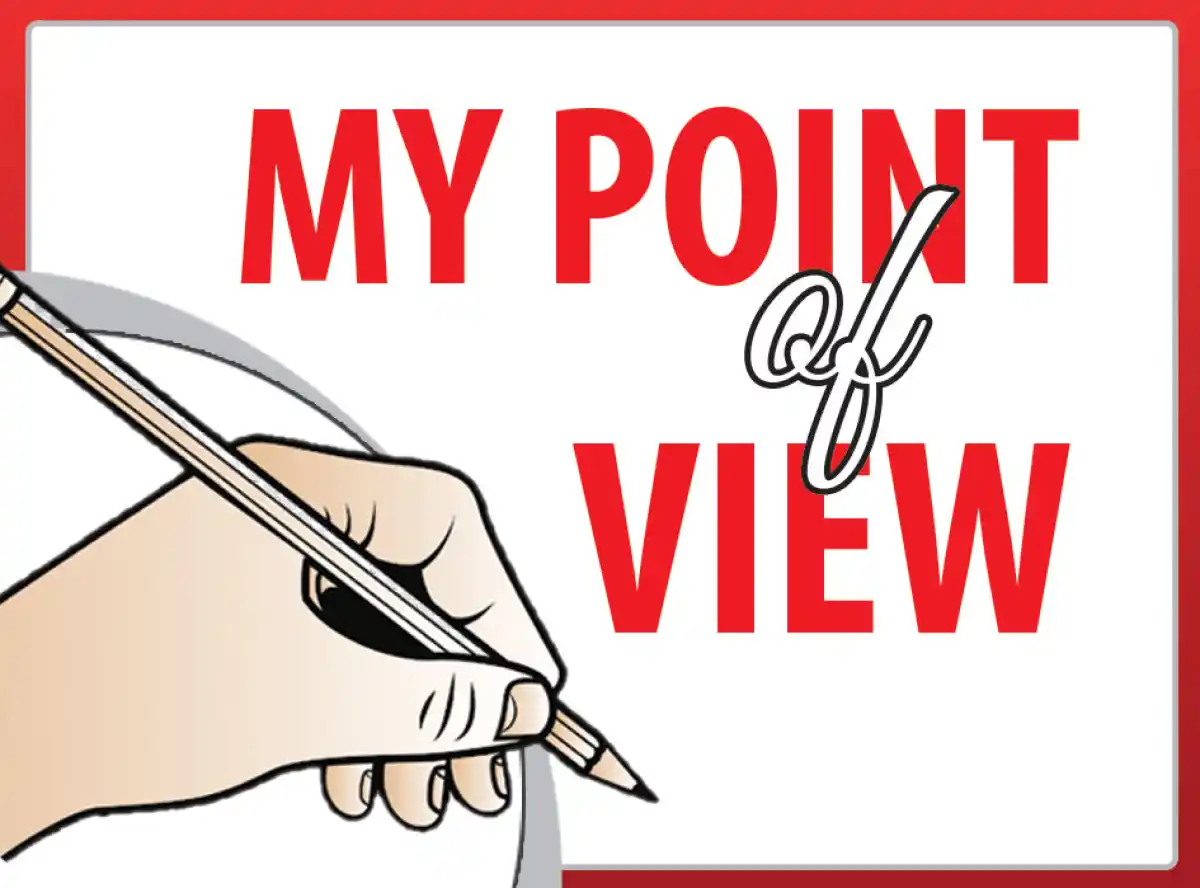
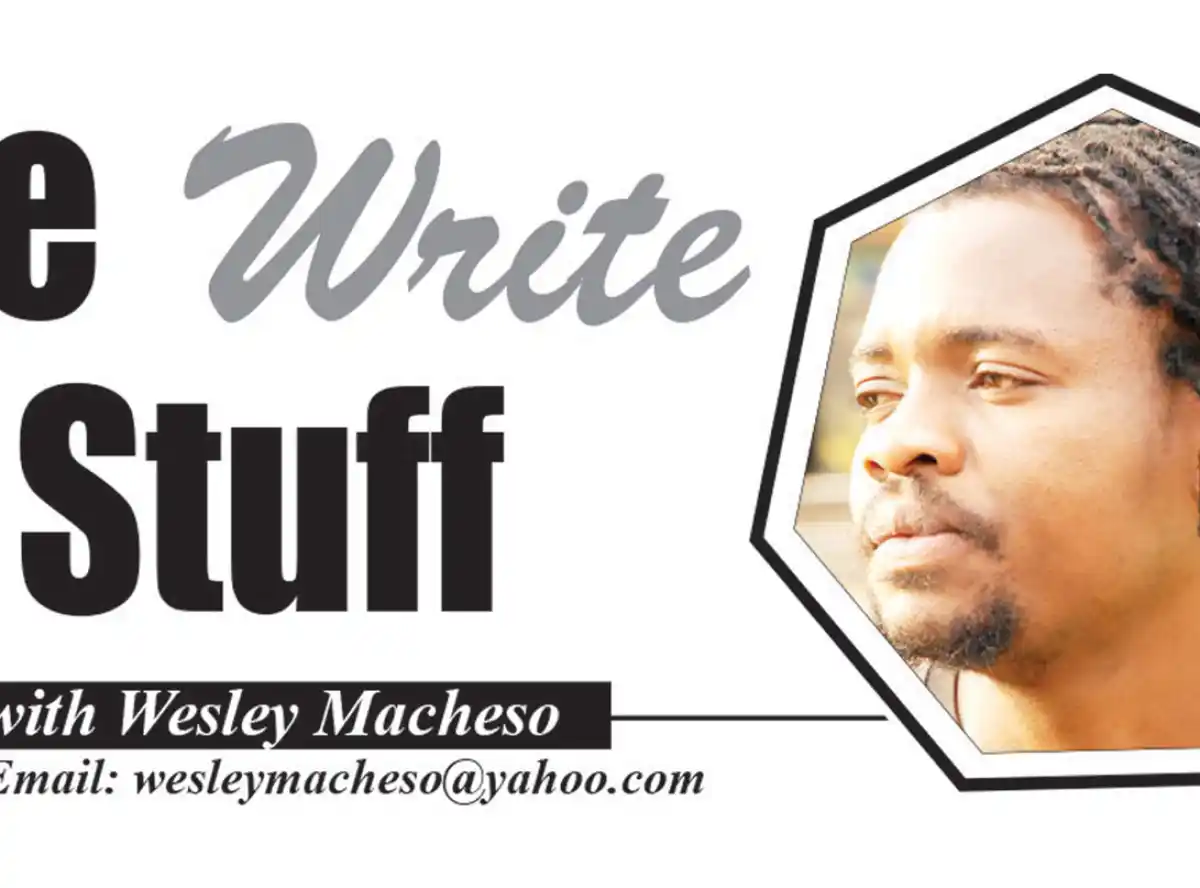
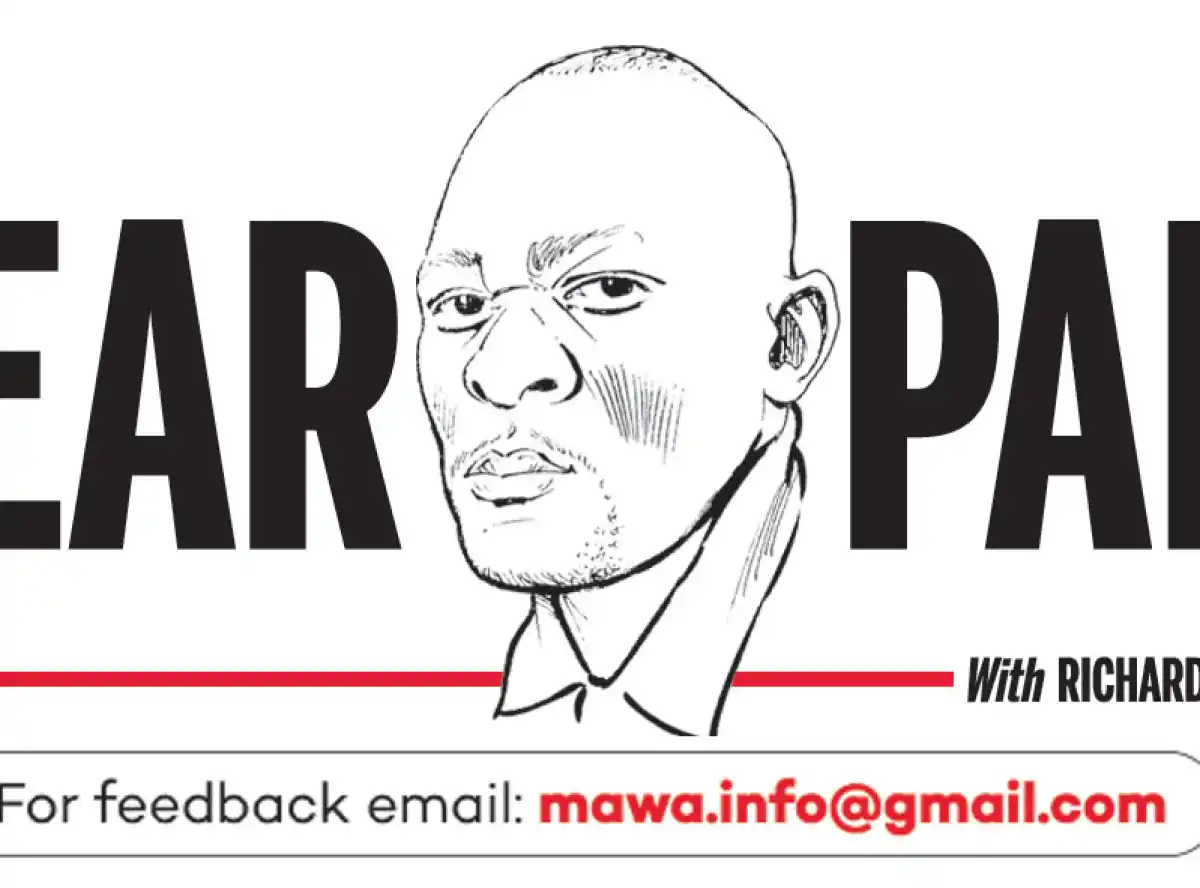
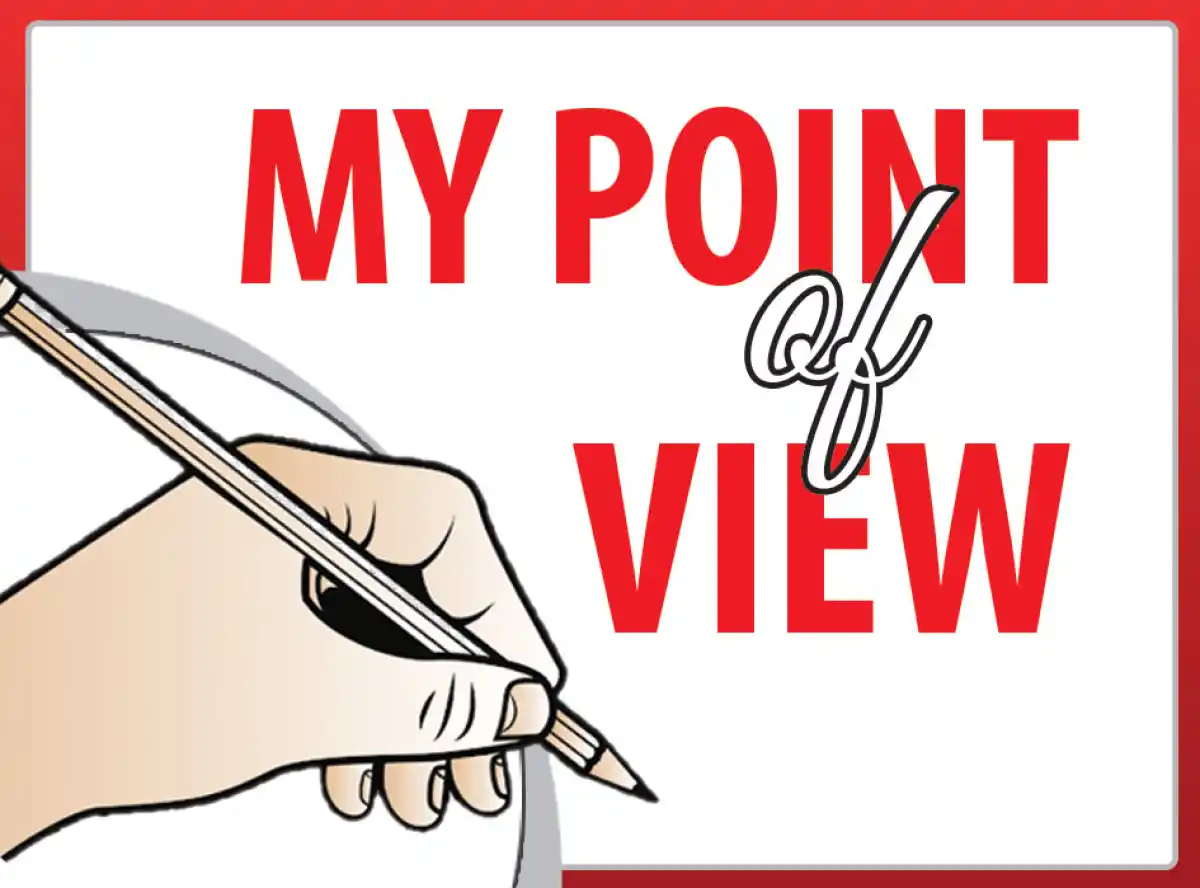
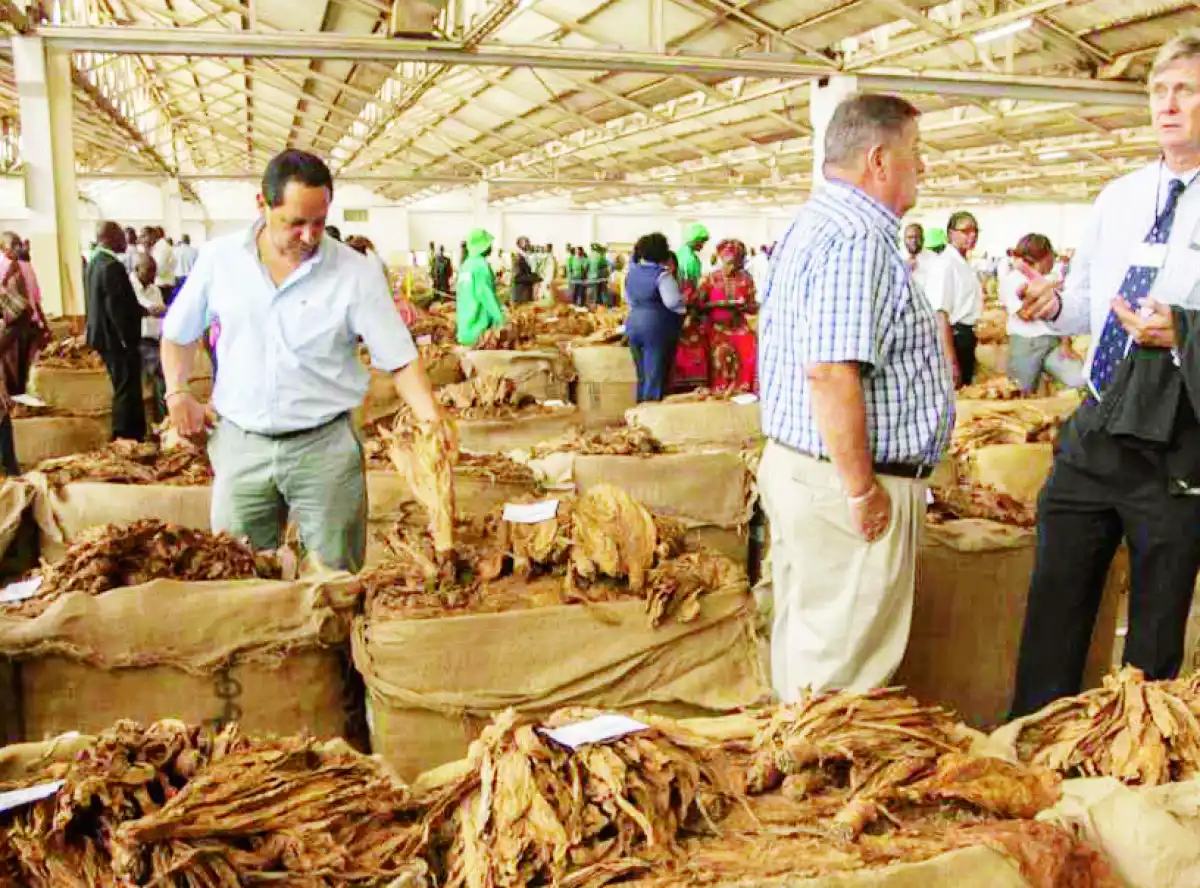
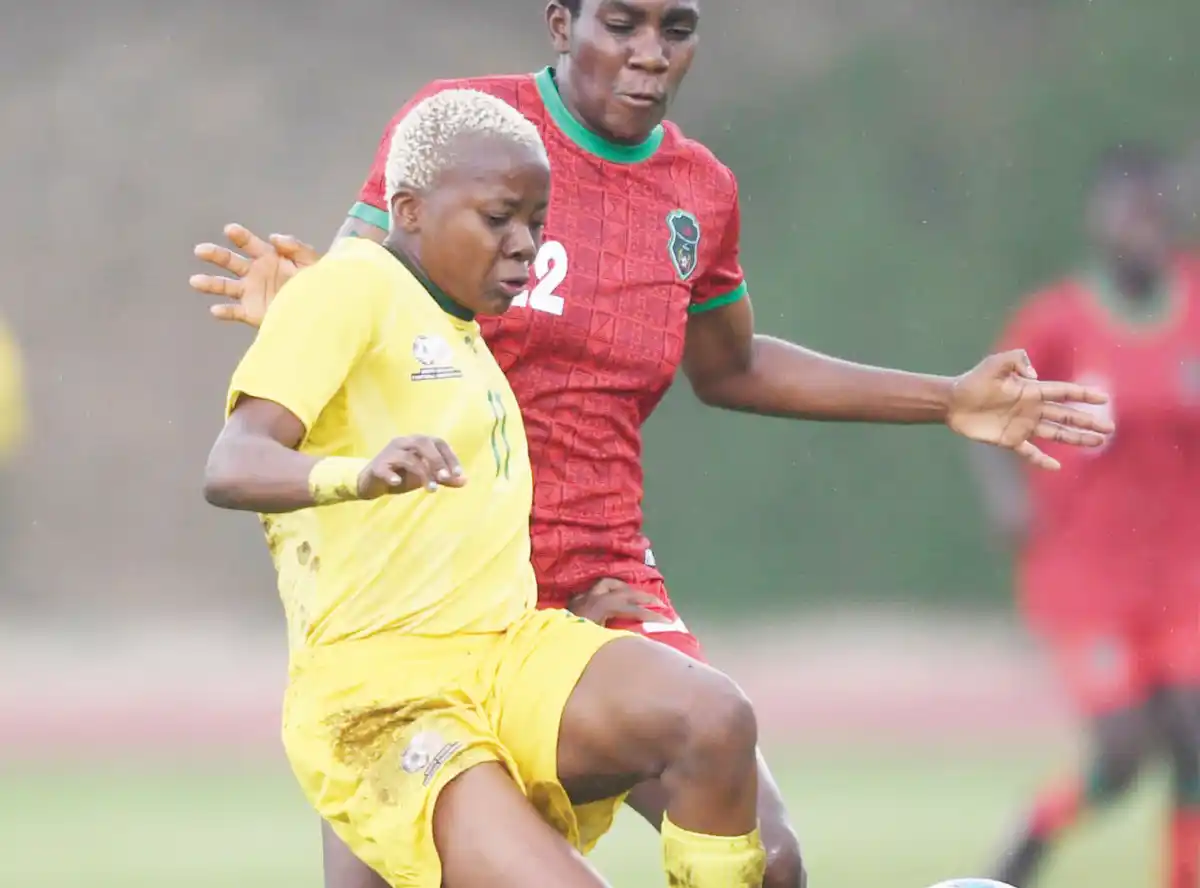
0 Comments